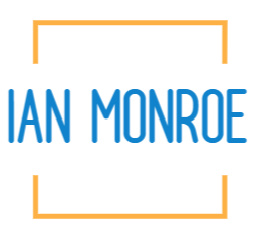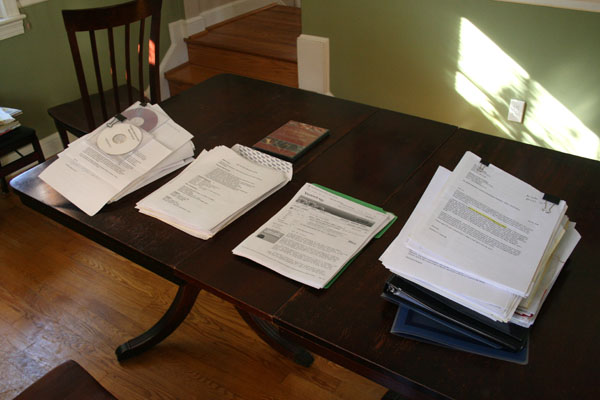
As I’ve posted below, I’ve left my position as IT Specialist/Web Developer at Leslie Hindman Auctioneers to start my new gig with the American Bar Association Journal.
I made it clear to my outgoing employers that I wanted to do everything I could to make the transition to the next person as seamless and pain-free as possible. Since they needed to hire a replacement, and I’m the only one with lots of knowledge about technical work, and insight into the brain of techs, I was charged with sifting through the résumés and determining who might be a good fit, and who we didn’t need to bother talking with.
So I’ve been looking at a lot of résumés, and I’ve been assisting in the interview process, and I’ve learned a few things about job hunting. Most of these are common knowledge, but some might be non-obvious, so take it for what it’s worth to you.
Your résumé is important. Don’t skimp on the time you spend on it. A no-brainer, right? But you’d be surprised about how many résumés don’t seem to have had even one proofreading. Your résumé is the first and most important document the person doing the hiring is going to be looking for. At least, it was for me. Make sure your current address and phone number are there, at the top. Are you applying for a web job? Include a URL for your personal site, and your facebook/twitter if you use them. If I’m interested in you, I’m going to google you and find that stuff anyhow. Don’t have a personal web site? Then you have no business applying for a web job. Seriously.
Don’t use one of the built-in templates in Microsoft Word to make your résumé. They don’t look good, and everyone else uses them. It says, “Hey, I know how to use wizards, but I don’t care enough about this to really spend the time to make it myself, so I’ll be content to look like everyone else.”
On cover letters: Really, shouldn’t we be calling them “cover emails” these days? Does anyone send a resume in by mail anymore? First rule: Don’t copy and paste the same cover letter for every job you apply for. Second rule: CHECK YOUR SPELLING AND GRAMMAR. Third rule: A bad cover letter won’t keep me from calling you if your résumé is good, but a really good cover letter might get you an interview, even if your résumé isn’t so good.
Guess what? I don’t need to know every model of Cisco switch you’ve ever worked with. Familiarity with Cisco hardware is sufficient.
If your educational background includes a school which advertises during re-runs of Judge Judy, and your current job is working at a deli counter at a supermarket, I’m probably not going to believe you have the technical skills I’m looking for.
During the interview, I know you’re nervous, and you’re trying to make a good impression. But if you’re relaxed and conversational, I’m going to like you more. Check out the company’s website before you go in. Learn a little bit about them. Have a couple of questions to ask. Be personable. Let’s have a conversation, not an interrogation. And, while it’s not really necessary, if you send a follow-up email after the interview, it’s going to make me think you care enough to put in a little extra effort.
You’ve had six jobs in the last two years? Thanks, but no thanks. Next.
And finally, headhunters are useless. Seriously. I’ve tried going through headhunters while seeking employment, and it always turns out to be a waste of my time. Now, I’ve been on the other side of the equation, and I can say that they’re pretty useless for finding good help as well. They cost too much, they do too little. Avoid them.


Great advice. I’ve made many mistakes with interviews and my resume. When in doubt, always seek help with improvement in these areas.